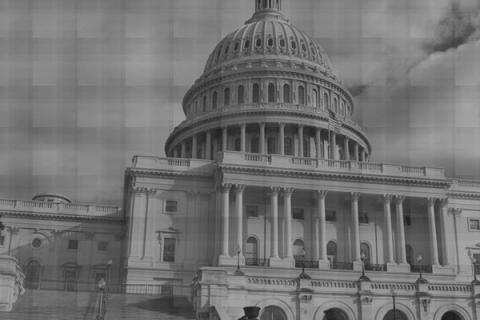Independent candidates seeking public office generally face tougher hurdles than their partisan counterparts. A recent federal court ruling, which gives non-partisan candidates more time to collect signatures to qualify for the November ballot, will help level the playing field in Montana.
Last week, U.S. District Judge Sam E. Haddon blocked Montana Secretary of State Linda McCulloch from enforcing a March filing deadline for independent candidates. However, it remains unclear whether Haddon's decision will affect any independents hoping to make the November 2012 ballot.
Prior to 2007, independent candidates who wanted to run for statewide office were expected to submit the signatures of 5 percent of the total votes cast for the winning candidate for that office from the previous general election by the Tuesday before the June primary election. Then, the Legislature bumped up the filing deadline to March.
Haddon ruled that the filing deadline for independent candidates “imposes a significant barrier to the exercise of rights protected and guaranteed by the First and Fourteenth Amendments to the Constitution of the United States and is unconstitutional.”
The case – Kelly v. McCulloch – was brought by the American Civil Liberties Union of Montana and the National ACLU Voting Rights Project on behalf of Steve Kelly, a Bozeman resident who challenged the law after his failed attempt to file as an independent for the U.S. Senate in 2008. Clarice Dreyer of Bozeman, who had hoped to vote for Mr. Kelly, was another plaintiff in the case.
According to ACLU Voting Rights Director Laughlin McDonald, the decision is important because it helps ensure an inclusive democracy.
"The electoral process must accommodate all voices - not just those of our two major parties,” said McDonald.
The last time an independent qualified to run for U.S. Senate in Montana was 1936.
Montana's ACLU Legal Director Jon Ellingson noted that Montana isn't the first state to place regulatory barriers for candidates who don't declare a party affiliation.
“I am not familiar with the laws of all of the other states,” said Ellingson, “However, one of the points of reference for Judge Haddon was the practices of other states. Another point of reference was the actual impact of Montana's regulatory scheme on the associational rights of individuals and the rights of qualified voters to cast their votes effectively. In applying these values to the deadline requirement the court concluded that these rights were violated and noted that Montana's filing deadline was the third earliest in the nation. Many litigated cases have held that such a deadline is unconstitutional.”
One such case that Haddon cited in his ruling was Anderson v. Celebrezze, where U.S. Supreme Court Justices found that: "... protecting the Republican and Democratic parties from external competition cannot justify the virtual exclusion of other political aspirants from the political arena... Competition in ideas and governmental policies is at the core of our electoral process and First Amendment freedoms."
In the Montana case, Haddon ruled that the March deadline for filing would have stifled political competition by preventing the emergence of independent candidates who might have opposing or different views on issues that coalesce later on in the election year.

